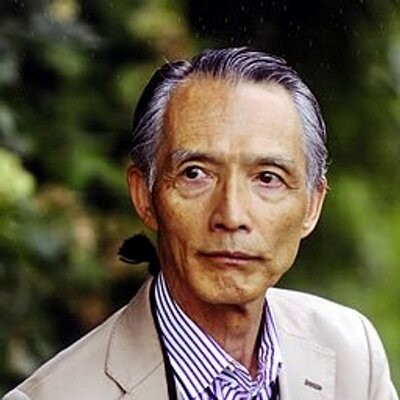
Seiichi Morimura, who exposed atrocities of a secret Japanese army unit, dies at 90

Renowned Japanese mystery writer Seiichi Morimura, whose non-fiction controversial trilogy ‘The Devil’s Gluttony’ had exposed human medical experiments conducted by a secret Japanese army unit during World War II, died of pnemonia on Monday (July 24). He was 90.
His official website and publisher, Kadokawa, said Morimura died of pneumonia at a Tokyo hospital.
Morimura’s article, Akuma no Hoshoku, or ‘The Devil’s Gluttony’, which began as a newspaper series in 1981, became a bestseller and created a sensation across the country, after it revealed the atrocities committed by a secret Japanese Imperial Army Unit 731 in China. Later, it was published as a book in two volumes in 1981 and 1982.
However, in the controversy, half of a photograph was discovered to be a fabrication, and the publisher subsequently withdrew the book. A second edition was then published in 1983 with the controversial photograph removed.
From its base in Japanese-controlled Harbin in China, Unit 731 and related units injected war prisoners with typhus, cholera and other diseases as research into germ warfare, according to historians and former unit members. Unit 731 is also believed to have performed vivisections and frozen prisoners to death in tests of endurance.
Also read: Meet the Japanese author who inspired ‘Drishyam,’ ‘Monica, O My Darling’
In 1982 Morimura disclosed that he had got the information on the 1945 massacre from four former members of the secret army unit that conducted the experiments on Chinese, Korean, Mongolian, Russian and possible some American prisoners. The prisoners are gassed to death and their bodies burnt.
Morimura began contributing articles to magazines while working in hotels. He had won the prestigious Edogawa Rampo Prize for his mystery fiction in 1969 and the Mystery Writers of Japan Award in 1973.
Born in 1933 in Saitama, just north of Tokyo, Morimura survived harsh US bombings of the Tokyo region toward the end of World War II. This prompted him to develop pacifist principles.
He also penned a book defending Japan’s postwar pacifist Constitution and opposing nuclear weapons. He joined protests against a 2015 reinterpretation of the Constitution by then-Prime Minister Shinzo Abe allowing greater military activity.
His 1976 novel Ningen no Shomei (‘Proof of the Man’), a mystery about a young Black man who is murdered, revealed the dark side of postwar Japan and was made into a movie. Another popular novel, Yasei no Shomei (‘Proof of the Wild’), published a year later depicts a conspiracy over genocide in a remote village.
(With inputs from agencies)


